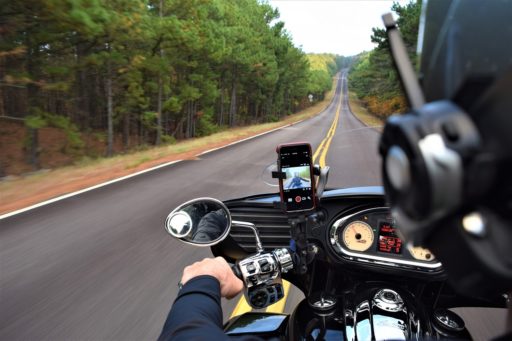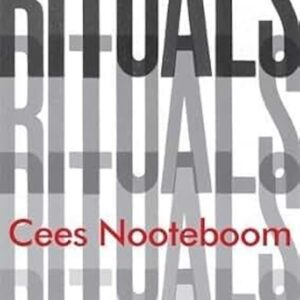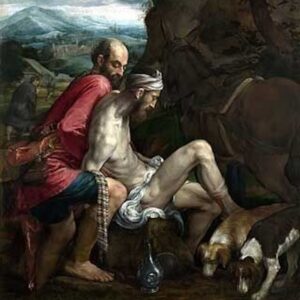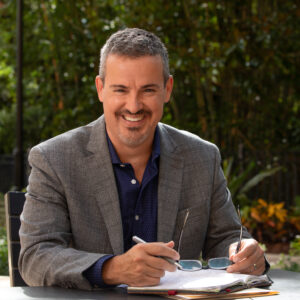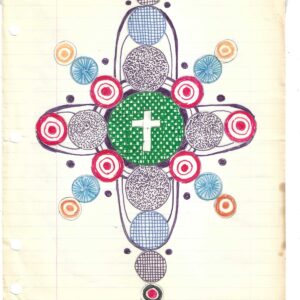I felt a shock the other day, seeing notice of him in The Guardian—“The road well travelled: 100 years of Jack Kerouac”.
Why a shock? I think the shock has to do with the way Kerouac always surprises me, by which I mean emerges suddenly out of my own indifference or forgetfulness and then opens up everywhere in my imagination once he presents himself.
The first shock had occurred when I happened upon his obituary in The New York Times, shortly after his death in October, 1969. The strange thing is that up to the moment I read the obituary, I had neither read a word by Kerouac nor ever thought I would. Kerouac’s reputation at that time was at its lowest ebb. Scorned by the literary establishment and rejected by hippies and peace activists for his seeming betrayal of countercultural values, Kerouac seemed to me a has-been, a relic of the discredited and passé enthusiasm aroused by the publication of On the Road in 1957. As an aspirant at that time to the literary establishment myself and an eager member of the counterculture, I had no reason to do more than shrug and pass on to more important news after I saw his obituary.
And yet I didn’t shrug and pass on. The very mention of On the Road in the obituary awakened in me the realization that I had overlooked an important question, not only about Kerouac, but about myself.
The question was: Did I fully understand what had motivated me to spend the previous two summers driving my motorcycle, alone: in the first summer around the United States; and then in the second summer, from my home near Albany, NY, to Fairbanks, Alaska, and back again?
As I asked this question, I realized I was approaching On the Road in the wrong or in at least the reverse direction. Ordinarily, the novel was supposed to inspire young men to imitate its author, leave what they were doing, and get on the road themselves. But I had already been on the road, had sold my motorcycle, and was even shortly to be married. Hadn’t I left wanderlust behind me? So why was I picking up the book only now? What was I looking for?
On the Road focused that question for me as no other book before it had done. And while for long periods of time since then I’ve tended to forget the book’s influence—hence my shock at being reminded of that influence again by the Guardian article—I realize now how not only On the Road but all the rest of Kerouac’s writings (which I went on to absorb pretty thoroughly) have shaped the questing that has dominated my life since that day in 1969 when I learned the author was dead.
Reading On the Road after I had myself been on the road was in a way like reliving my own memories. Not that my road trips imitated Kerouac’s in detail. But common to them both were impulses shared, I’m sure, by every enthusiastic reader of the book, and recognizable to every student of American literature: among them, the impulse to “light out for the territories,” like Huckleberry Finn, and to “live deliberately, to front only the essential facts of life,” like Thoreau at Walden Pond. On the Road seemed, if nothing else, to confirm my membership in a familiar American rite of passage, one updated by Kerouac for the post-World War II generation to which I belonged.
But maybe because I found that membership so easily settled, I was able to pay attention to what else On the Road had to offer beyond its almost mythic reenactment of self-discovery.
One thing the book had to offer was its style: its eager, candid, headlong music, its rush of words trying to keep pace with thought and emotion—as if writing were a race to say one final thing, to bring all talk about one’s life to a conclusion which spelled out life’s meaning once and for all. But at the same time to acknowledge that no such finality can ever be achieved. There seemed to me something endearingly comic about this scramble to swallow one’s own tail (or tale), but also something unspeakably sad about a yearning so ardent and so fruitless.
Take just the beginning of the book’s famous last paragraph:
So in America when the sun goes down and I sit on the old broken-down river pier watching the long, long skies over New Jersey and sense all that raw land that rolls in one unbelievable huge bulge over to the West Coast, and all that road going, all the people dreaming in the immensity of it…
The tone is elegiac, not triumphant. The speaker looks backward, not ahead to a shining future. On the final page we both, speaker and reader, have come home. But home is not, or is not any longer, the starting point of our questing. It is the end.
Or is it the beginning? The book’s first paragraph suggests as much when the speaker tentatively names the adventure ahead of him “the part of my life you could call my life on the road.”
This raised for me at question about myself: What part of my own life did On the Road illuminate?
I couldn’t answer that question at first—because I hadn’t yet lived enough of it. But I began to get an answer as I absorbed Kerouac’s other writings and saw what the subsequent parts of his own life revealed: a difficult, often funny, often painful, but always beautifully candid record of a spiritual Odyssey. Or perhaps better yet of a Dante-esque struggle up the mount of Purgatory. For there was no doubt, the deeper I read in Kerouac, that the true goal of all his striving was to rest in the arms of God: the ultimate, the tathagata, the Golden Eternity.
But reading Kerouac also revealed to me that there was no single route up Purgatory. Each must find her or his particular way. Kerouac encouraged me to find my own.
So if I’m once more surprised to hear his name, it’s not because I’ve truly forgotten his influence or am ungrateful for it. It’s because he’s become such a deep part of me that I hardly know he’s even there. Both present and absent. The more present for being absent.
At the end of his loveliest book, The Scripture of the Golden Eternity, Kerouac describes a moment where he fell in a faint after smelling flowers in his back yard. In that moment he says he “saw heaven.” He wakes, intoning, “O thank you thank you thank you.”
And then he concludes, in two short stanzas:
This is the first teaching from the Golden Eternity.
The second teaching from the Golden Eternity is that there never was a first teaching from the Golden Eternity. So be sure.
After getting his PhD in English literature, George Dardess taught close reading to his own students until his retirement. Since then he has been ordained a Deacon in the Roman Catholic Church and written several books on Muslim-Christian relations. He has also created the graphic novel Foreign Exchange.

